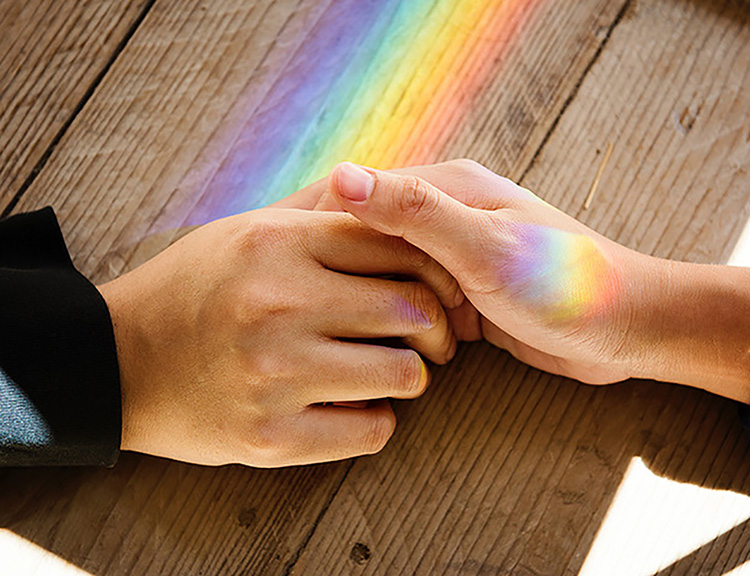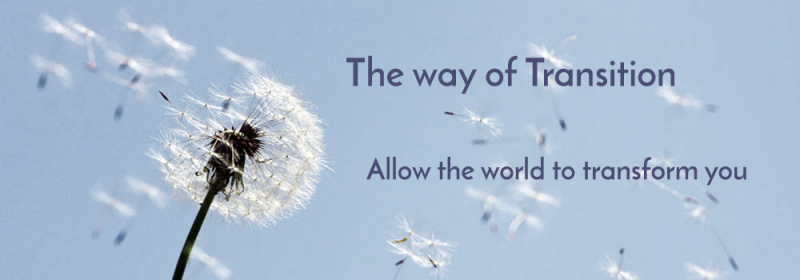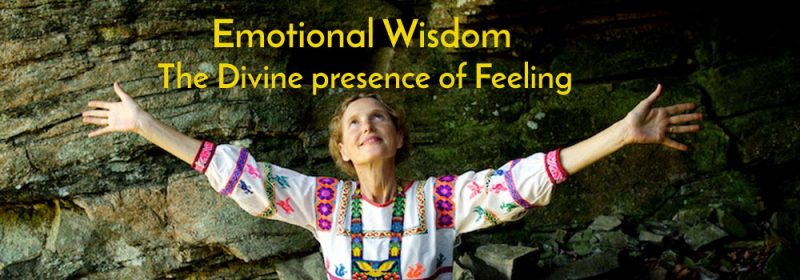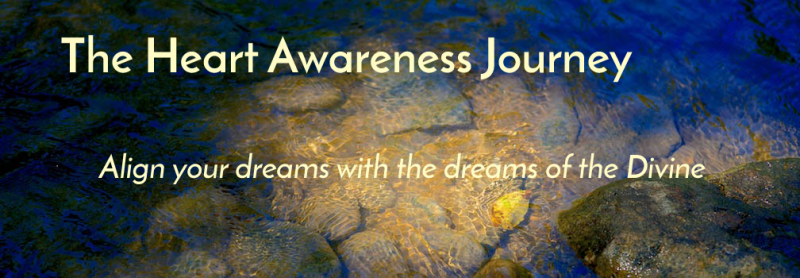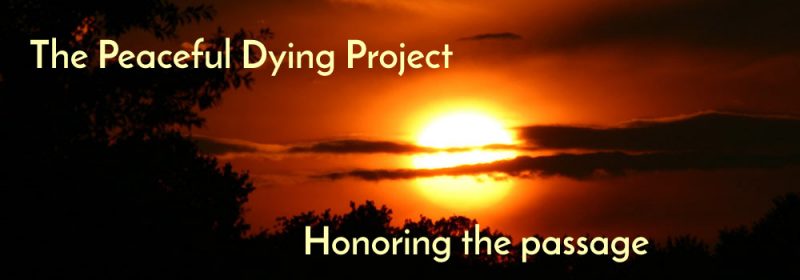We live in a time of great polarity in our culture and this dynamic conflict can either inspire creative and productive transformation or lead to destructive forces that tear us apart. In our personal relationships, our communities and in our society as a whole, we need to learn how to move with conflict and how to transform our mistakes into learning and growth. We have arrived at a place where the systemic abuse of our culture is being called out in no uncertain terms by the empowered voices of the “Me Too”, “Times Up” and “Black Lives Matter” movements. At the same time the wisdom teachings of all spiritual traditions remind us to engage with the healing and liberating power of Forgiveness. How do we navigate these dynamics with integrity?
One important key is in understanding the alchemy of forgiveness. For us to truly experience the generative power of forgiveness we need both parties to participate. Otherwise it can be, at best ineffective and, at worst, enabling or disempowering.
Here is how the alchemy of forgiveness can bring about healing and transformation for all concerned:
The one who has caused the hurt needs to:
- Acknowledge the pain they inflicted on the other and apologize.
- Make a genuine commitment to not repeat the behavior that caused the hurt.
- Make a request for forgiveness.
The one who has been hurt needs to:
- Consider the apology and the commitment to not repeat the behavior and whether or not it feels genuine.
- If they feel the apology is sincere and the commitment is in earnest, decide if they are ready to offer forgiveness.
- If forgiveness is offered it must come with a commitment to let go and no longer hold this behavior against the person.
- If the apology and commitment do not sound and feel genuine then forgiveness of the person does not have to be offered at this time.
So often we apologize or offer forgiveness without understanding the commitment required for each of these actions to be effective. An apology means nothing without a commitment to end the behavior. Forgiveness is a sham if we continue to hold the person’s past actions against them. The active participation of each person in the process of growth and learning builds trust in relationship.
Sometimes, even though one person is the ‘hurt party’ in a particular situation, the alchemy of forgiveness reveals deeper layers of learning for all. I recently received a very hurtful email from a friend and colleague, which also included her reneging on a commitment she had made. I was deeply saddened and angered by this behavior and knew I must have a conversation with her for the sake of our relationship. As I outlined my grievances and as she acknowledged the hurt she had caused me, she also admitted that she had acted out of her own pain. Several weeks earlier she had overheard me making a disparaging comment about her to another colleague. Now I was in the position of having to acknowledge my own lack of integrity along with the pain it had caused her. We were both able to move on with deep appreciation for each other and our willingness to learn and grow.
If someone has hurt you, here are some things to consider:
- If you would like to offer forgiveness it is essential that you also make an inner commitment to not hold the behavior against the person in the future. We often “forgive” and then keep bringing up the deed again whenever conflict arises. We place the other in a box and don’t allow them to grow and transform.
- Forgiveness can be offered without the other person acknowledging what they have done, especially in cases where the perpetrator has died or is unable for some reason to continue the abusive behavior. However, when the perpetrator refuses to acknowledge their behavior and forgiveness is offered with no accountability, it does not create an environment of trust either for the individual or for the community. It is powerful and freeing to offer compassion to the person who has hurt you, understanding the fear, insecurity or hurt they may have acted out of, without feeling the need to forgive them.
- If you do feel the heart-connected call to forgiveness, in service of a state of peace, then it can be done by making this distinction: “In forgiving you I am NOT condoning what you did to me. I am forgiving you because I have overcome what you did to me through resilience and through the power of love and the Common Heart.” In this way we simultaneously respect and acknowledge our painful experience and also free ourselves from bondage to the abuse.
If you have caused hurt to another, here are some things for you to ponder:
- If you are going to apologize, make a sincere commitment, spoken or internalized, to future change of behavior. We very often apologize because it is what the other person expects or because it will reduce conflict. But sooner or later this insincerity will engender a sense of anger or a lack of trust in the other. It also robs you of the opportunity to really learn from your mistakes.
- Nor is it effective to offer the ‘half apology’ of “I’m sorry you feel that way”. Without real appreciation of the pain you have caused and a sincere intention to act differently the apology lacks authenticity.
- One of the most painful experiences is when we sincerely regret having hurt someone but they do not accept our apology and refuse to forgive us. We must forgive to move forward. Here the same alchemy of forgiveness comes into play. We must acknowledge the hurtful behavior, engage with the learning from the situation and make a sincere commitment to not inflict that behavior on others moving forward. Then we can offer ourselves forgiveness, trusting that we have learned what we needed. Choosing to not hold ourselves hostage to our past actions and our cruel inner critic. Although this can be difficult and may take time, it is deeply healing.
- Sometimes others accuse us of being hurtful when it really was not our intent at all and we don’t believe we need to change our behavior. We may feel that the other person has misinterpreted our actions or is projecting their own trauma onto us. We may be tempted to apologize just to make them feel better or to avoid conflict but if we don’t mean it, an apology is not appropriate. Instead we can acknowledge the persons feelings and explore what it was they needed and how that might have been achieved in a different way. We can also explore the misunderstanding that was at play.
For many of us forgiving ourselves is the most challenging and important place to explore. Our self-abnegation we find deeply rooted in our Western culture, which focuses on it as “original sin” as opposed to “inherent goodness”. One of the greatest gifts we can offer ourselves is the willingness to forgive our own mistakes, knowing them as an inevitable part of a well-lived life committed to growth and transformation.

